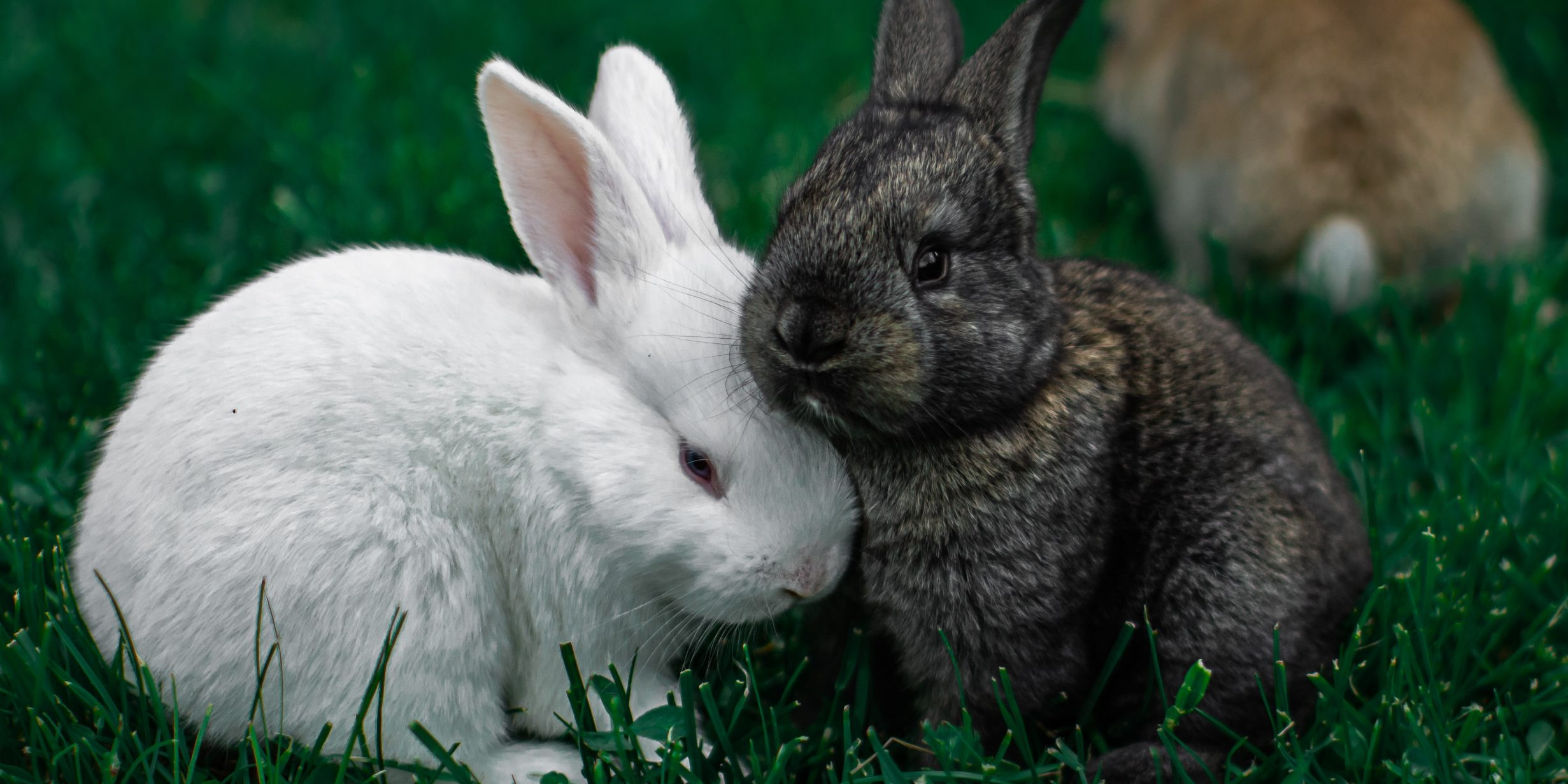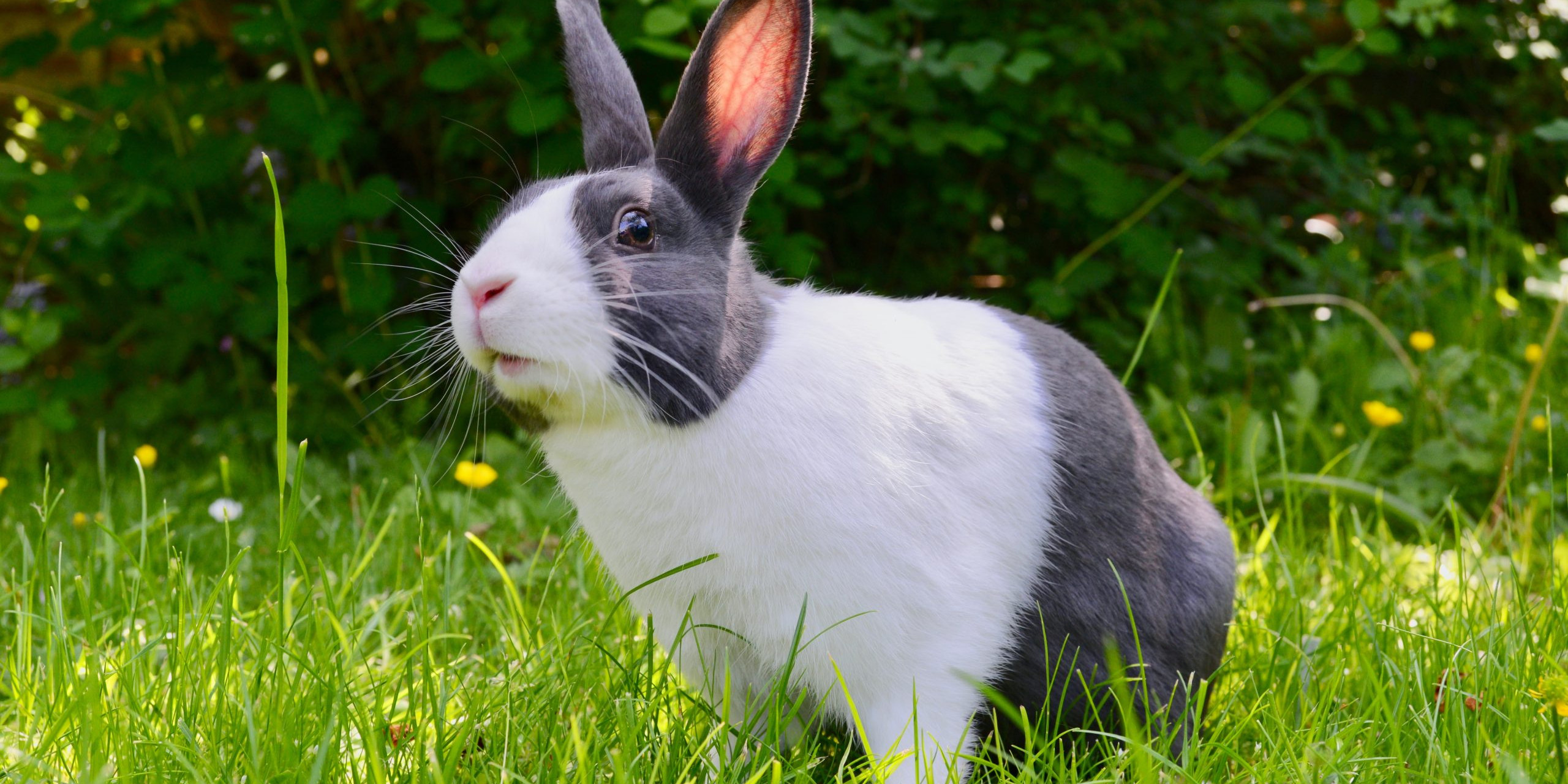As rabbit lovers, we all want our furry friends to live long, healthy lives. But what happens when your bunny buddy starts packing on the pounds? Obesity in rabbits is a real concern, and it’s up to us to help them get back to a healthy weight. Let’s hop into the world of rabbit weight management and discover how to keep our bunnies both happy and healthy.
Understanding Rabbit Obesity
Signs of an Overweight Rabbit
Identifying an overweight rabbit is the first step. Look for changes in your rabbit’s shape and agility. An overweight rabbit may struggle with grooming, leading to a dull or stained coat. You might also notice difficulty in eating or drinking, urine scald, or reduced activity levels.
Register for our latest in-depth reviews and product round-ups from the experts
Enter your email address below to receive our twice monthly reviews emails.
By entering your details, you are agreeing to our terms and conditions and privacy policy. You can unsubscribe at any time.
Health Risks Associated with Obesity
The risks of obesity in rabbits are serious. They include cardiovascular, joint, gastrointestinal, urogenital, and liver diseases. Obese rabbits also face higher risks during surgeries and lose out on the joys of exploring and playing.
Dietary Adjustments for Weight Loss
The Role of Grass Hay
Grass hay should be the cornerstone of your rabbit’s diet. It’s essential for safe weight loss and overall health. Avoid alfalfa in overweight rabbits, as it’s high in calories.
Reducing Pellets and Treats
Pellets, especially those high in calories, should be reduced gradually. High-starch and sugary treats are a no-go. Instead, focus on providing a balanced diet with the right amount of pellets and hay.
Leafy Greens: A Double-Edged Sword
While leafy greens are healthy, they shouldn’t be the mainstay of your rabbit’s diet during weight loss. They’re less calorie-dense and can fill up your rabbit, reducing their hay intake.
Exercise and Environmental Considerations
Encouraging Movement
Exercise is crucial for weight loss. Create a safe, engaging environment that encourages your rabbit to move and explore.
Stress-Free Surroundings
A stress-free environment contributes to your rabbit’s overall well-being. Ensure their living space is quiet, comfortable, and free from threats.
Social Interaction
If your rabbit has a buddy, ensure they have ample space and time to interact. This can encourage more activity and play.
Monitoring Progress and Adjusting Care
Regular Check-Ups
Regular visits to the vet are essential to monitor your rabbit’s weight loss and overall health.
Adjusting Diet and Exercise
Based on your vet’s advice, adjust your rabbit’s diet and exercise routine to ensure they’re losing weight safely and effectively.
Emotional Support
Don’t forget the emotional aspect of care. Rabbits undergoing a diet change need extra love and attention. Gentle handling and interaction can help reduce their stress.
Essential Components of a Rabbit’s Diet
Hay: The Foundation of Rabbit Nutrition
Hay is not just food; it’s a lifeline for rabbits. High-quality grass hay, like timothy, orchard, or brome, should be the bulk of their diet. It’s high in fiber, which is crucial for a healthy digestive tract and helps maintain dental health.
Pellets: Moderation is Key
For adult rabbits, timothy pellets are recommended in limited quantities – about 1/8 to 1/4 cup per 5 lbs of body weight. Overfeeding pellets, which are low in fiber and high in carbohydrates, can lead to obesity and digestive issues.
Vegetables: A Splash of Color and Nutrition
A variety of leafy greens should be part of your rabbit’s daily diet. However, some, like collard and dandelion greens, parsley, kale, and Swiss chard, should be given in moderation due to their high calcium content.
| Vegetable | Recommended Quantity |
| Romaine Lettuce | 1/4 cup per 5 lbs of body weight |
| Bok Choy | 1/4 cup per 5 lbs of body weight |
| Carrot Tops | Sparingly |
| Cilantro | 1/4 cup per 5 lbs of body weight |
Adjusting Your Rabbit’s Diet for Weight Loss
Reducing High-Calorie Foods
Cut back on high-calorie foods like carrots and certain fruits. These should be treats, not staples.
Increasing Fiber, Reducing Carbs
Focus on increasing fiber intake through hay while reducing carbohydrate-rich foods like certain pellets and treats.
Safe Weight Loss Strategies for Rabbits
Gradual Changes
Any dietary changes should be gradual to avoid shocking your rabbit’s system. Sudden changes can lead to digestive and health issues.
Monitoring and Adjustments
Regularly monitor your rabbit’s weight and adjust their diet accordingly. Consult with a vet for the best approach.
Exercise and Activity for Overweight Rabbits
Creating an Active Environment
Encourage your rabbit to move and play. This can be through toys, tunnels, or simply letting them roam in a rabbit-proof area.
The Importance of Play
Playtime is not just fun; it’s essential for physical and mental health. It helps in weight management and keeps your rabbit engaged and happy.
Monitoring Progress and Adjusting the Diet
Regular Health Check-ups
Regular vet visits are crucial to track your rabbit’s progress and make necessary dietary adjustments.
The Role of Body Condition Scoring
Body condition scoring helps in assessing whether your rabbit is at a healthy weight. This involves checking their body shape and feeling for ribs and spine.
Long-Term Diet Management for Rabbits
Maintaining a Balanced Diet
Once your rabbit reaches a healthy weight, maintaining a balanced diet is key to preventing future weight gain.
Lifestyle Adjustments
A healthy weight is not just about diet. It’s about a lifestyle that includes proper nutrition, exercise, and mental stimulation.
Frequently Asked Questions
Yes, but in moderation. Fruits are high in sugar and should be given as occasional treats.
Rabbits should have constant access to hay. Pellets and vegetables should be given in measured amounts daily.
Try different types of hay to find one they like. Mixing hay with a small amount of their favorite food can also encourage them to eat it.
Jacquline Jackson
Meet Jacqueline, the insightful author and rabbit care expert at Hare Haha. With a deep passion for all things related to rabbit wellness, Jacqueline brings a wealth of knowledge to the Hare Haha community.
Related Posts
Diet for Pregnant Rabbits: Nurturing for a Healthy Litter
Pregnant rabbits, like any expecting mothers, need extra love, care, and yes,…
Rabbit Diet by Age: A Guide to Feeding Your Furry Friend
Rabbits are not just adorable pets; they’re complex creatures with…
Safe Fruits for Rabbits: A Guide to Bunny Diet
Hey there, fellow rabbit enthusiasts! If you’re like me, ensuring your…




